How Russia’s invasion of Ukraine has upturned the commodities market
Dominic Frisby looks at the commodities Russia produces, how markets have been affected but its invasion of Ukraine and subsequent sanctions, and what the investment implications are for you.

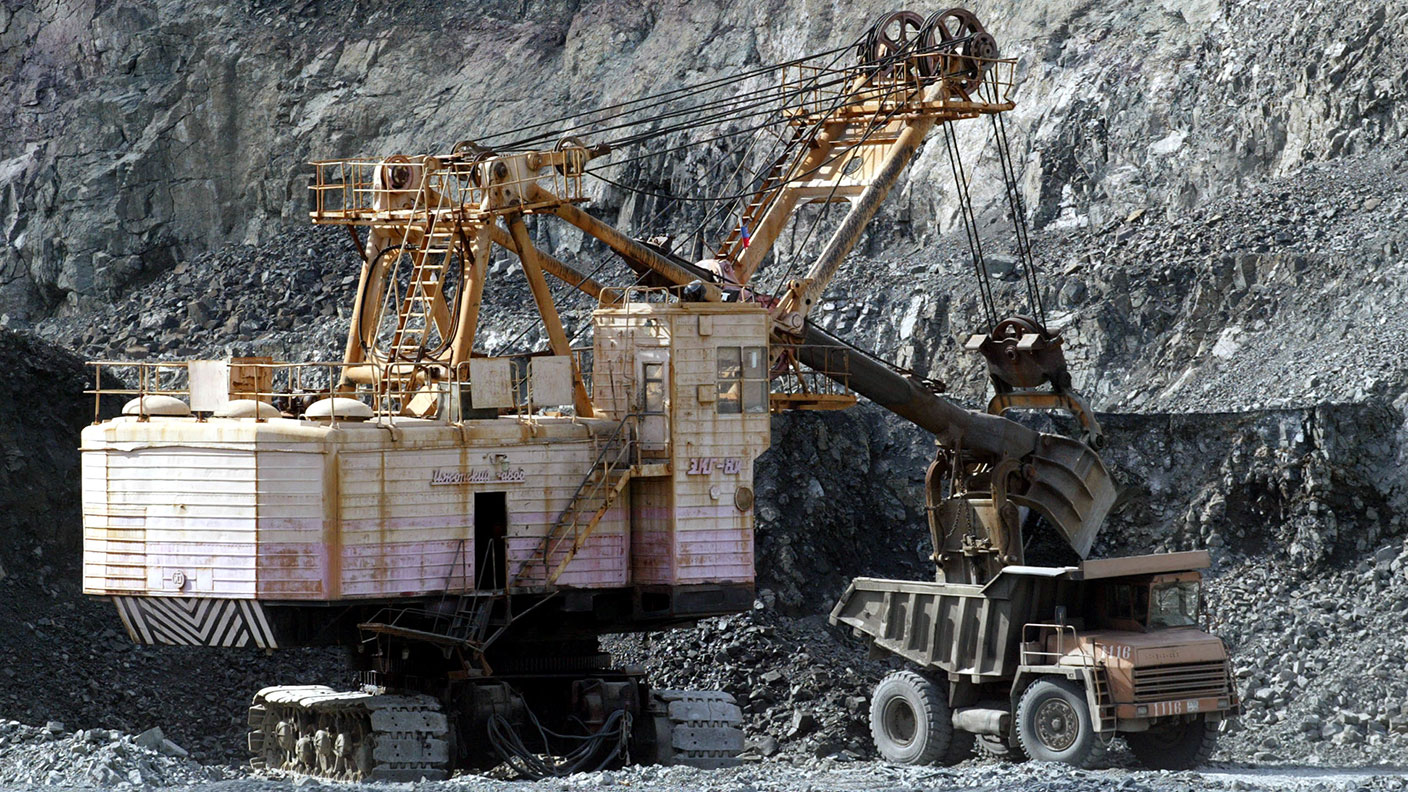
Get the latest financial news, insights and expert analysis from our award-winning MoneyWeek team, to help you understand what really matters when it comes to your finances.
You are now subscribed
Your newsletter sign-up was successful
Want to add more newsletters?

Twice daily
MoneyWeek
Get the latest financial news, insights and expert analysis from our award-winning MoneyWeek team, to help you understand what really matters when it comes to your finances.

Four times a week
Look After My Bills
Sign up to our free money-saving newsletter, filled with the latest news and expert advice to help you find the best tips and deals for managing your bills. Start saving today!
John and I thought it would be useful this week to round up what has happened to commodities since Russia invaded Ukraine.
What commodities does Russia produce? How have markets been affected? What are the investment implications?
It’s worth remembering that after a decade of underperformance, commodities in general were already in a bull market before the invasion.
MoneyWeek
Subscribe to MoneyWeek today and get your first six magazine issues absolutely FREE

Sign up to Money Morning
Don't miss the latest investment and personal finances news, market analysis, plus money-saving tips with our free twice-daily newsletter
Don't miss the latest investment and personal finances news, market analysis, plus money-saving tips with our free twice-daily newsletter
If you had to put a date on when the low came, it would be somewhere in early March 2020, at the height of the coronavirus panic, when the oil price went negative.
What a buy that was.
It’s also worth noting that, while the sanctions imposed on Russia have had a devastating effect on its economy, they have also inflicted – or are about to inflict – a certain amount of pain on ordinary Westerners in the form of food and energy price inflation. Never mind oil going over $100 a barrel, the wheat price has almost doubled.
There is a cycle to commodities. Years of investment leads to a shortage of supply; prices go up, which attracts speculators and investors. Producers, as a result of higher prices and increased investment, produce more; prices come back down again.
The problem is, human beings being what they are and markets being what they are, rises and declines always seem to go too far. As a result, you get these speculative blow-off tops and vicious bears, both of which quickly get forgotten when the other is rampant.
Here’s what’s happening in the energy market
Let’s start with natural gas. Russia is the world’s second-largest producer. The US is actually top dog when it comes to natural gas, but it is the fact that Russia supplies about 40% of Europe’s natural gas that is causing such upheaval. Italy and Austria are almost entirely dependent on Russian gas; about a third of Germany’s gas comes from Russia, while here in the UK, about 5% of our gas is Russian. (Our biggest foreign supplier is Norway – I guess we have to hope Norway doesn’t decide to invade Sweden – or indeed Britain.)
The Financial Times reports that European wholesale gas prices hit €335 a megawatt hour, up from about €16 a year ago; the UK has also seen over 1,000% inflation in gas prices. This was already happening – the invasion has made it worse.
Moving onto crude oil, Russia is responsible for about 10% of global oil supply, and around 30% of EU supply. Germany, for example, sources 34% of its oil from Russia.
Oil is in a runaway bull market that has gone parabolic (I’ve been saying be long oil for a long time, as regular readers will vouch): Brent is at around $130/barrel and a re-test of the 2008 highs of $150 looks a given.
It’s a minority view, but there are many who argue that it was $150/barrel oil that triggered the global financial crisis, by the way – the last thing we need right now is another one of those.
With bans on imports pending, the oil shock of the early 1970s could end up looking like a doddle.
And then there is the underreported but perhaps equally important energy supply that is coal. Russia is the world’s third-largest coal (thermal and coking) producer, with over 50% of hard coal received by German power generators and steelmakers coming from Russia in 2021.
Whether coal, gas or lack of wind, this all translates into runaway electricity prices across Europe.
How Russia’s invasion of Ukraine is affecting metals and grain prices
We come to metals next. Russia is the world’s largest producer of palladium and nickel. Nickel is vital to the steel and battery industries; palladium to the automotive sector and anywhere that requires its properties as a catalyst. The prices of both have gone bananas.
Palladium now sits at all-time highs of $3,200/oz, having been at just $500 a few years back.
Nickel – wow. It went from $25,000/tonne to over $100,000 in just a few days. The London Metal Exchange has had to suspend trading. A Chinese nickel company got on the wrong side of the trade and reportedly got a margin call rumoured to be more than $10bn, which its bankers are currently trying to sort out. Goodness knows how that is going to pan out, and I pity small traders with open positions.
Russia is also the world’s third-largest steel exporter, the fourth-largest aluminium exporter, the fifth-largest iron exporter and the eight-largest copper producer.
As for precious metals, it is the world’s largest silver producer, and second-largest producer of gold and platinum. It’s no wonder you’ll struggle to find me a metal that has not gone up in price.
And so we come to stuff it grows. Russia is the world’s fifth-largest producer of wood, and the number one exporter of both grains and fertiliser.
On this front, Russia didn’t need Western sanctions – it has ceased its own fertiliser exports in an effort to tackle domestic inflation. About 20% of global fertiliser supply is Russian and fertiliser cost inflation is causing big problems for farmers worldwide.
As for grains, Russia is the world’s largest wheat producer, responsible for about 17% of global supply. As a result, the wheat price going “limit up” (hitting the maximum daily gain allowed by the exchange) has become an almost daily occurrence. The price has gone from around $5 a bushel last year to nearly $13 today, breaching its 2008 all-time highs.
Prior to this crisis Russia was the 11th-largest economy of the world and it supplied roughly 17% of global commodities. To suddenly exclude a country of this size and strategic importance from the global economy is without precedent.
No wonder commodities prices are rocketing.
Dominic’s film, Adam Smith: Father of the Fringe, about the unlikely influence of the father of economics on the greatest arts festival in the world is now available to watch on YouTube.
Get the latest financial news, insights and expert analysis from our award-winning MoneyWeek team, to help you understand what really matters when it comes to your finances.

-
 Should you buy an active ETF?
Should you buy an active ETF?ETFs are often mischaracterised as passive products, but they can be a convenient way to add active management to your portfolio
-
 Power up your pension before 5 April – easy ways to save before the tax year end
Power up your pension before 5 April – easy ways to save before the tax year endWith the end of the tax year looming, pension savers currently have a window to review and maximise what’s going into their retirement funds – we look at how
-
 Investors need to get ready for an age of uncertainty and upheaval
Investors need to get ready for an age of uncertainty and upheavalTectonic geopolitical and economic shifts are underway. Investors need to consider a range of tools when positioning portfolios to accommodate these changes
-
 What happened to Thames Water?
What happened to Thames Water?Thames Water, the UK’s biggest water company could go under due to mismanagement and debt. We look into how the company got itself into this position, and what investors should expect.
-
 How investors can profit from high food prices
How investors can profit from high food pricesA growing global population makes soft commodities a structural growth market. Amid rising food prices, here’s how to protect your profits
-
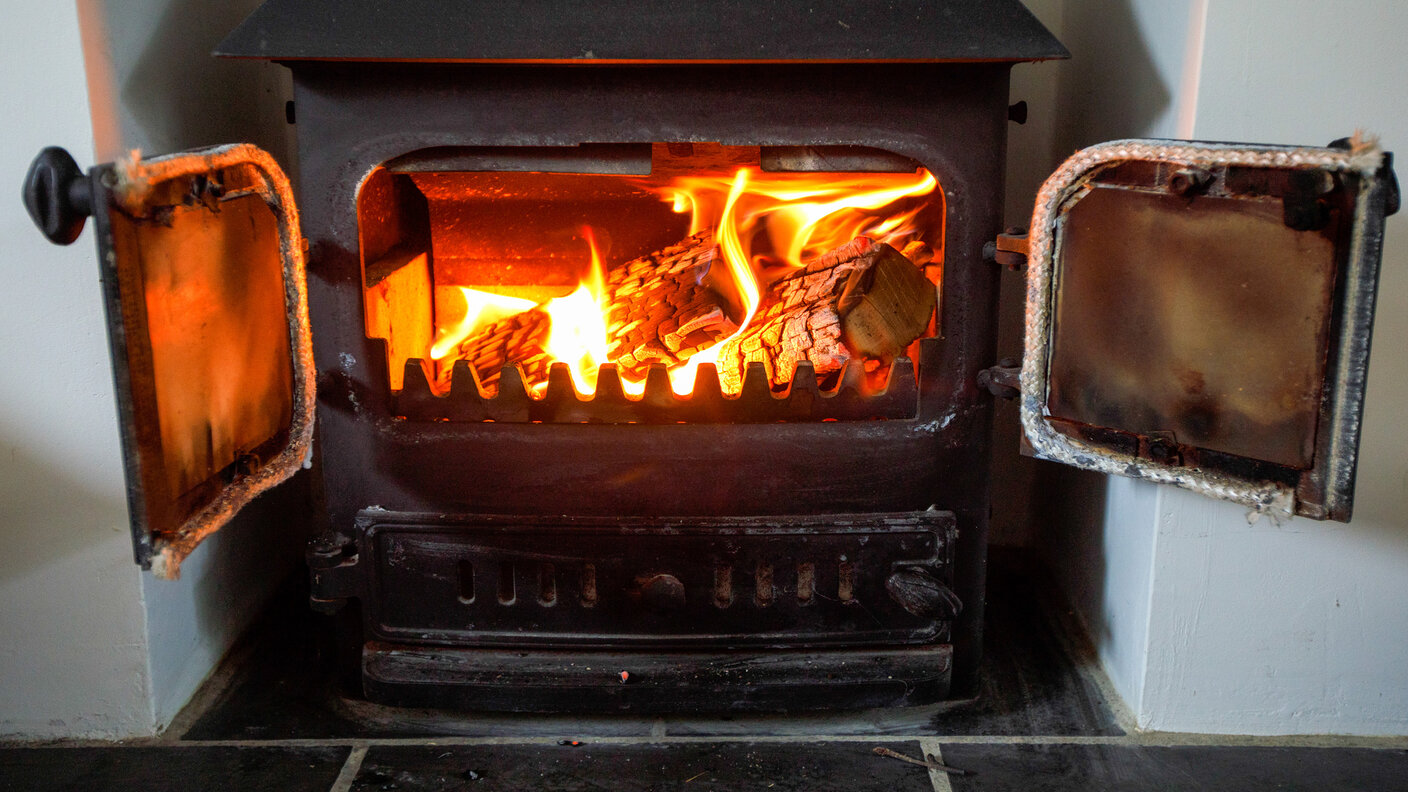 One day left for households to claim the £200 Alternative Fuels Payment to help with heating bills
One day left for households to claim the £200 Alternative Fuels Payment to help with heating billsAdvice Households could be due a £200 payment if they heat their homes using alternative fuel sources and aren’t connected to the mains gas grid - but time is running out to claim the money. We explain what you need to know.
-
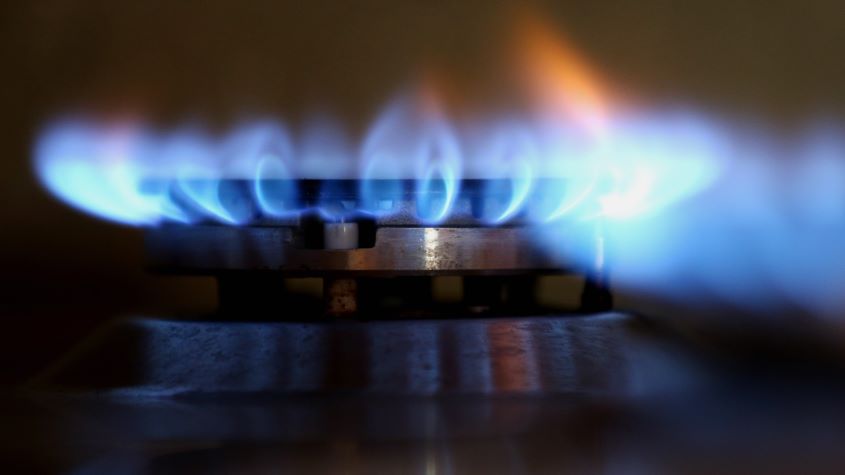 Energy bill to drop 17% this weekend as new price cap kicks in
Energy bill to drop 17% this weekend as new price cap kicks inNews Typical households on default energy tariffs will see their energy bills drop by £426 a year following today's energy price cap drop.
-
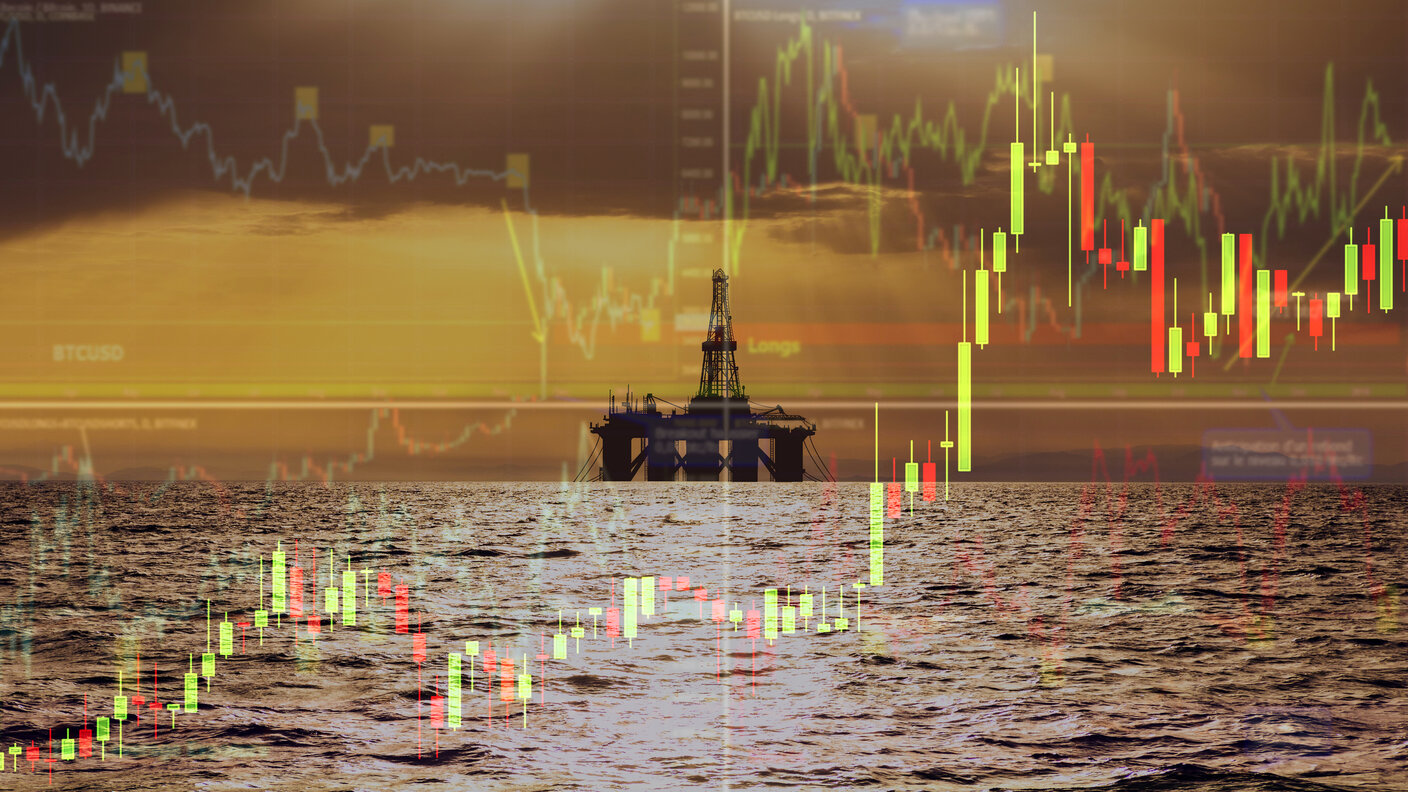 Don’t count resources out
Don’t count resources outAnalysis Commodities have performed poorly over the past year, but they tend to move in long and volatile cycles.
-
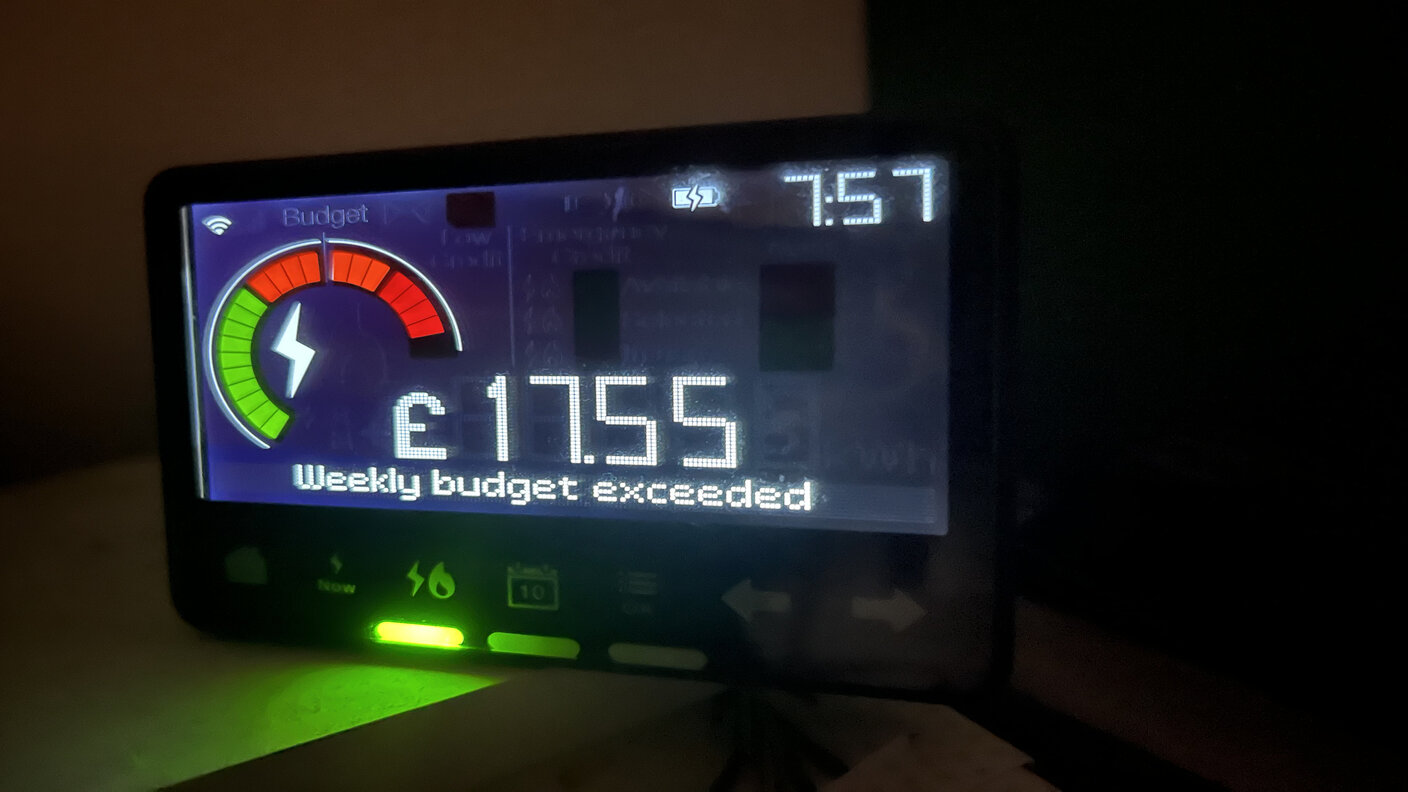 Energy bill refunds: Ovo and Good Energy to pay out £4m to customers who were overcharged
Energy bill refunds: Ovo and Good Energy to pay out £4m to customers who were overchargedNews Ofgem, the energy regulator, found the two suppliers had overcharged nearly 18,000 customers. Are you due a refund?
-
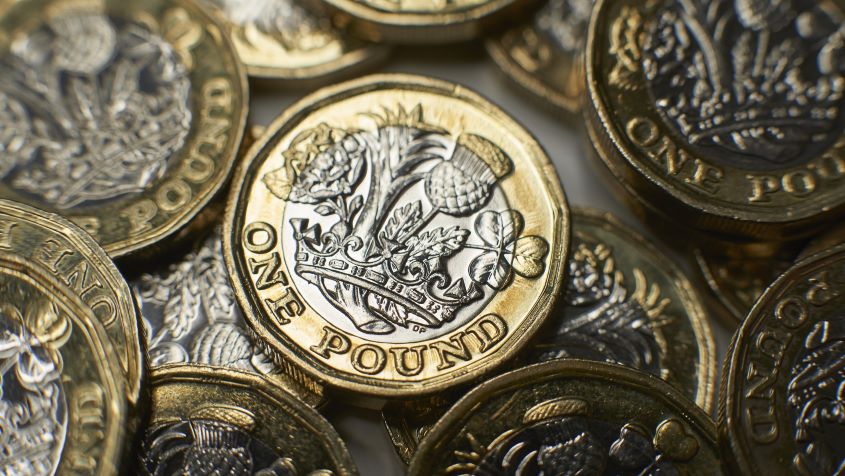 E.on Next, Good Energy and Octopus Energy pay £8m amid failures over late final bills
E.on Next, Good Energy and Octopus Energy pay £8m amid failures over late final billsNews Three energy firms have paid £8 million over compensation failures after lengthy delays in producing final bills to more than 100,000 customers when they switched suppliers